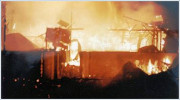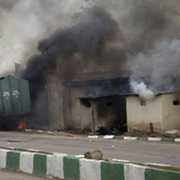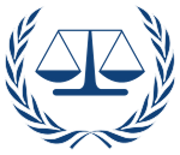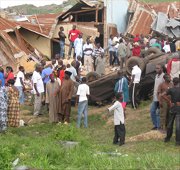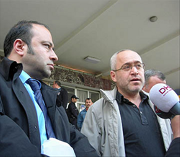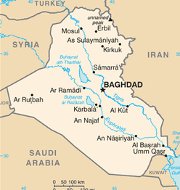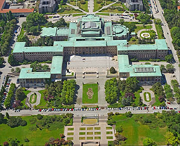Nigeria (MNN) ― Nigeria is fast becoming one of the deadliest places in the world to be a Christian.
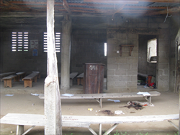 |
| Boko Haram's victims: Nigerian churches (Courtesy Compass Direct News) |
Over the past three years, Boko Haram has terrorized Christians by bombing churches and murdering Christians in their own homes. The Boko Haram insurgency is estimated to have cost more than 3,000 lives since 2009, including deaths caused by the security forces.
An April 19 attack in Borno State is a perfect example of the lawlessness. Authorities say Boko Haram extremists attacked Baga, a small village in the North. By the time the bloodbath was over, the Red Cross said there were 187 dead--the worst death toll in a single event throughout the Islamist insurgency.
Nigeria's federal government is attempting to offer Boko Haram a total amnesty deal in exchange for peace in northern Nigeria. However, spokesman for the Voice of the Martyrs USA Todd Nettleton asks, "What's the real issue for Boko Haram?"
They've made a mission out of reshaping the country into a Muslim nation under Sharia law. Nettleton warns, "If that's what they really want, amnesty is not going to work." Besides, he adds, it sends a mixed message to the terror group's victims. "The believers look on this with quite a bit of trepidation. For one thing, they simply don't trust Boko Haram. The other question is: who can speak on behalf of Boko Haram to make those decisions and make those choices?"
Boko Haram is a fragmented group without a single head. The fragmentation showed clearly under the alleged "cease fire" earlier in the year which ended when Boko Haram continued its attacks on schools, churches, government offices, and law enforcers. Nettleton says aside from not knowing who speaks for the group, there are threats from within the group itself against other members. "The self-proclaimed leader of Boko Haram has already threatened to kill anyone who accepted an offer of amnesty in the name of Boko Haram."
The appointed amnesty committee is being tasked with the seemingly impossible. "President Goodluck Jonathan has said within three months he wants this committee to have opened some dialogue with Boko Haram's leaders. He said as he appointed them, ‘This is a really hard job. We hope you can make some progress.'"
In fact, President Jonathon's charge seemed to acknowledge the monumental task before the 26-member committee. "We're looking for you to perform magic by making a way to peace with Boko Haram."
Nettleton says it's an almost impossible imagining: "the mechanics of actually working out some kind of an agreement and then having all the different factions within Boko Haram accept that agreement and follow through with it. "
Oddly, both the Christian Association of Nigeria (CAN) and Boko Haram rejected the idea. CAN expressed its opposition to a proposal to grant amnesty to the terrorists and suggested that any political approach had to involve both parties to a conflict.
However, one church leader asked, "Can a man clap with one hand?" describing skepticism that Boko Haram would honor any agreement. They also noted that past leaders seemingly open to a political solution have been assassinated. Boko Haram, meanwhile, responded by saying it has done nothing it needs amnesty for.
This all adds up to an ominous rumble. A disquieting movement has begun between the Christian and Muslim youth in the South. One group, claiming they would be acting to "protect" Christians, has already issued a May 31 deadline. Once that passes, they say a campaign of mosque bombings and other acts of violence will target the Muslim communities. Whether or not it will spark an answering volatility in the North is unknown.
Nettleton says in the meantime, the uncertainty does have an impact on Gospel work. "Obviously, that affects people going to church, it affects people gathering together. But then, when you step beyond that and you step to actual outreach and actually even encouraging Muslims to consider following Christ, you really put a target on your chest."
The solution? Prayer. "Even in these situations, there are great things that God can do and is doing. That can be our prayer in this, that we will see the Kingdom advance in Northern Nigeria regardless of amnesty or no amnesty."
